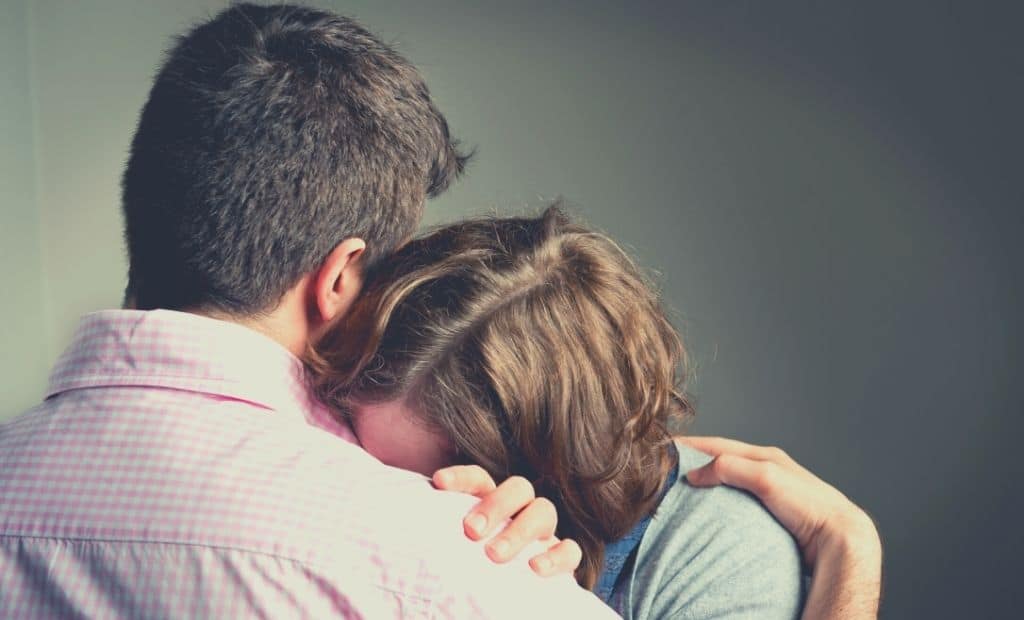Grief Can Strain Relationships
Grieving the death of someone or something is one of the most devastating life-altering experiences we endure. Grief is as individual as a fingerprint. Everyone processes and handles grief differently. Some people may choose to openly share their emotions, while others may find it difficult to communicate. Withdrawing from social interactions or self-isolation is common among grievers. However, it can feel like rejection for those who are wanting to offer love and support.
Grief alters our mere existence; it changes the trajectory of our lives. It becomes ingrained in the very fabric of our existence. We realize that life will never go back to the way it was, nor will we. As we navigate through grief, relationships can become strained. Some relationships may ultimately fall apart. When a griever pulls away, it is never to intentionally hurt anyone. The griever may need to retreat for self-preservation. It may become emotionally challenging for the griever to build emotional connections with others due to the fear of judgment or abandonment.

“Grief will shake the very foundation of your relationship, but love and support will stabilize it”
Even if it is at a distance, being patient and supportive are two of the best responses you can provide to a griever. The wave of emotions that come with grief is often unpredictable, causing the griever to feel like they are constantly on a roller coaster ride. As a result, sustaining or building a relationship with someone who is still trapped in the tunnel of grief may feel like being in a tug-a-war. The griever may seem wishy-washy and emotionally off-kilter. If that person matters, don’t throw in the towel or walk away when things get uncomfortable. Be patient with the griever. Give him/her a little space without disappearing totally. Remember, when a person is grieving, his or her emotional capacity is far less than usual. Grievers are trapped in the constant cycling of emotions, and the multitude of overwhelming emotions that come with grief can cause a barrier in the grievers ability to connect with others.
If a griever lashes out at you, don’t take it personal. Remember the griever is still learning how to navigate grief in a healthy manner. When possible, help the griever constructively redirect their anger. Try to avoid letting the griever spiral into a negative state that can be hard to get out of. Always offer hope or speak life where there is darkness. Healing will eventually come out of hope.
Although grief never leaves us, give your loved one time to adjust to its presence. As grief subsides things will get easier. Your patience can be a major source of connecting and building a stronger relationship. This experience can help you gain insight into your loved one’s psyche and personality. Finally validate your loved one’s feelings. The act of simply listening without rushing in to change anything will offer more than you can imagine. Grief will shake the very foundation of your relationship, but love will stabilize it.
The Indomitable Widow
